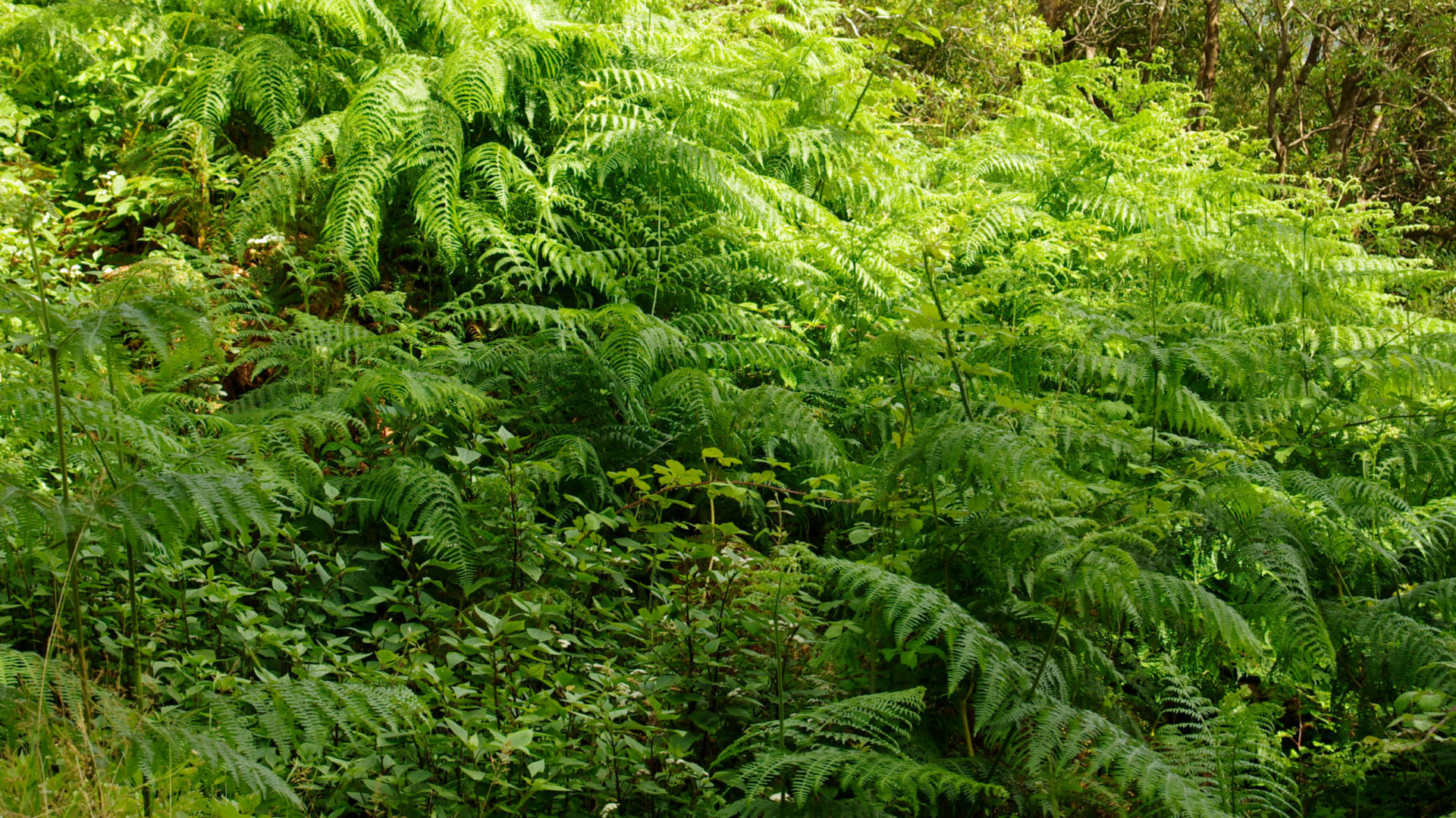Bardon C, Piola F, Bellvert F, Haichar FEZ, Comte G, Meiffren G, Pommier T, Puijalon S, Tsafack N & Poly F.
Evidence for biological denitrification inhibition (BDI) by plant secondary metabolites. New Phytologist. 204: 620-630. 2014. https://doi.org/10.1111/nph.12944 IF=8.51
Summary
- Previous studies on the effect of secondary metabolites on the functioning of rhizosphere microbial communities have often focused on aspects of the nitrogen (N) cycle but have overlooked biological denitrification inhibition (BDI), which can affect plant N-nutrition. Here, we investigated the BDI by the compounds of Fallopia spp., an invasive weed shown to be associated with a low potential denitrification of the soil.
- Fallopia spp. extracts were characterized by chromatographic analysis and were used to test the BDI effects on the metabolic and respiratory activities of denitrifying bacteria, under aerobic and anaerobic (denitrification) conditions. The BDI of Fallopia spp. extracts was tested on a complex soil community by measuring denitrification enzyme activity (DEA), substrate induced respiration (SIR), as well as abundances of denitrifiers and total bacteria.
- In 15 strains of denitrifying bacteria, extracts led to a greater BDI (92%) than respiration inhibition (50%). Anaerobic metabolic activity reduction was correlated with catechin concentrations and the BDI was dose dependent. In soil, extracts reduced the DEA/SIR ratio without affecting the denitrifiers: total bacteria ratio.
- We show that secondary metabolite(s) from Fallopia spp. inhibit denitrification. This provides new insight into plant–soil interactions and improves our understanding of a plant’s ability to shape microbial soil functioning.
